Combined and natural strategies to reduce the risk of coccidiosis in poultry
Combined and natural strategies to reduce the risk of coccidiosis in poultry
In the previous content, we addressed important factors about coccidiosis, points to pay attention to when facing this challenge, and some of the most common methods for preventing and treating the disease.
Continuing this guide, we will now look at combined and natural strategies that have been developed and successfully implemented as alternatives to the use of synthetic chemicals.
Natural strategies for coccidiosis in poultry
The goal of the natural approach is to promote the balance of the intestinal microbiome of poultry, modulate the immune response to coccidial infections, and reduce and control both protozoal infections and chronic inflammation and intestinal oxidative stress.
These natural strategies for reducing the risk of coccidiosis in poultry include products obtained by distillation to extract volatile substances from plants, called essential oils, which can use not only seeds but various parts of plants.
In addition, there are plant extracts, which are obtained by macerating various parts of plants and seeds using different media or solvents, with oleoresins being the most widely used for concentrating elements contained in spices through the use of volatile solvents such as hexane, acetone, and ethyl acetate.
Among the products called natural for the control of coccidiosis in poultry, we also find organic acids widely used in the food industry and animal health.
Increasingly, natural solutions for reducing the risk of coccidiosis in poultry are being used as alternatives to synthetic anticoccidial. However, it is essential that these products are truly 100% natural and without any chemical processes involved in their manufacture.
This has led to the emergence of polyherbal products containing different phytoactive compounds that act synergistically and at the same time, independently in various organs and systems, offering more complete and diversified solutions and responses in poultry.
In organic meat and egg production, it is important to note that synthetic product (anticoccidials) cannot be used as ingredients or raw materials. This is necessary in order to maintain organic status and be classified as such.
Therefore, extracts and oleoresins that use any chemical solvent cannot be used, which is why polyherbal products are considered the latest generation of natural products.
Live vaccines in the prevention of avian coccidiosis
The use of live vaccines to prevent coccidiosis is increasing in both parent stock and broiler farms. The vaccination strategy involves the use of early strains that undergo only a few replication cycles in the poultry intestines before releasing oocysts, or the use of attenuated and controlled-dose strains, which cause less damage to the intestinal tract than a wild strain.
Modern anticoccidial vaccines should be administered to poultry on the first day of life in the hatchery or on the farm.
Probiotics in food or water
It is common for coccidiosis infection in poultry to cause necrotic enteritis, resulting in body weight loss due to reduced nutrient absorption in the intestine. Therefore, it is important to anticipate and control enteritis to reduce its impact on the performance and overall health.
Probiotics, such as Bacillus spp., can be used in feed or drinking water for this purpose.
Combined strategies for an efficient approach to coccidiosis control
Although vaccination is a good strategy, it does not offer protection against necrotic enteritis. As mentioned, to prevent enteritis, it is important to use a probiotic in combination with vaccination. In addition, immune modulators, such as beta-glucans, are often used to accelerate the immune system’s response to the vaccine.
Once again, we emphasize the importance of a combined strategy that addresses various aspects of coccidiosis. It is necessary to support immunity, prevent necrotic enteritis, and partially eliminate coccidia with the use of anticoccidials.
These, in turn, can also be replaced by state-of-the-art natural solutions of polyherbal origin with proven anticoccidial action, which can be used in feed in combination with probiotics and beta-glucans.
Discover NuxaSan™ from Nuproxa, a unique combination of phytochemicals recognized for their action on Eimeria spp. A 100% natural and residue-free solution to efficiently balance the intestinal microbiota.
Conclusion:
Effective management of coccidiosis in poultry requires an integrated approach that combines prevention, appropriate treatment, and improvement of animal welfare. Combined strategies are the best way to achieve intestinal health in poultry. Implementing these approaches, with the support of effective natural alternatives such as NuxaSan™, contributes to reducing the incidence of this disease and, consequently, to improving animal performance and sustainability.
Read more at
Nuproxa's Blog
Natu-B4®: 22 years of innovation in natural choline with scientific validation
The evolution of animal nutrition in recent decades has been marked by a constant search f...
+FAMI-QS: a commitment to quality that unites Nuproxa Switzerland and its affiliates in Latin America
By Ana Paula Barp Brandt, Quality Director of the Nuproxa Group During Nuproxa Quality Week, we cele...
+Combined and natural strategies to reduce the risk of coccidiosis in poultry
In the previous content, we addressed important factors about coccidiosis, ...
+Guide to understanding animal stress and its impact on poultry and swine production
Animal stress is a critical factor that directly influences performance and production in poultry an...
+Read more at
Nuproxa's Blog
Natu-B4®: 22 years of innovation in natural choline with scientific validation
The evolution of animal nutrition in recent decades has been marked by a constant search f...
+FAMI-QS: a commitment to quality that unites Nuproxa Switzerland and its affiliates in Latin America
By Ana Paula Barp Brandt, Quality Director of the Nuproxa Group During Nuproxa Quality Week, we cele...
+Combined and natural strategies to reduce the risk of coccidiosis in poultry
In the previous content, we addressed important factors about coccidiosis, ...
+Guide to understanding animal stress and its impact on poultry and swine production
Animal stress is a critical factor that directly influences performance and production in poultry an...
+Natu-B4®: 22 years of innovation in natural choline with scientific validation
The evolution of animal nutrition in recent decades has been marked by a constant search f...
+Why reconsider the use of choline chloride in animal nutrition?
In this technical guide developed by Nuproxa, we explore lesser-discussed aspects of choline chlorid...
+Do you still use choline chloride in your production?
Discover a solution capable of transforming your results! The natural revolution to increase animal ...
+Natural Polyherbal Sources for Supplementing Vitamin e in Animal Nutrition
Nearly 100 years after its discovery in 1922, is practically consensual that supplementing with Vita...
+Importance of the use of liver protectors in the production output of broilers
The liver is the organ performing the largest number of vital functions indispensable for the animal
+Importance of the use of liver protectors in the production output of broilers
The liver is the organ performing the largest number of vital functions indispensable for the animal...
+Dorsal fat reduction in pigs: nature has the solution
Pig farming is constantly changing. Since its technification in the 1970s, new knowledge and technol...
+Efficient solutions and better results
Pig farming is constantly changing. Since its technification in the 1970s, new knowledge and technol...
+Natural Polyherbal Sources for Supplementing Vitamin e in Animal Nutrition
Nearly 100 years after its discovery in 1922, is practically consensual that supplementing with Vita...
+Herbal formula, source of choline and it’s effect on the apparent metabolisable energy of broiler chicken’s diets
In relation to the effect of different sources of choline on the chicken’s performance, papers wri...
+


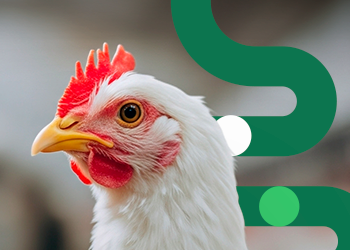

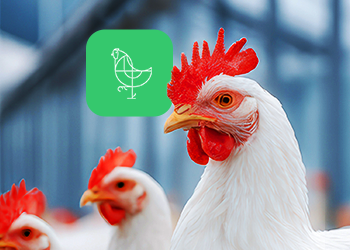
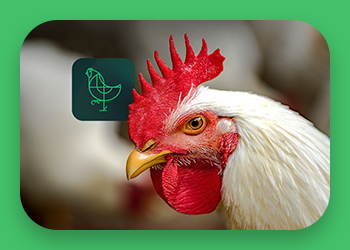
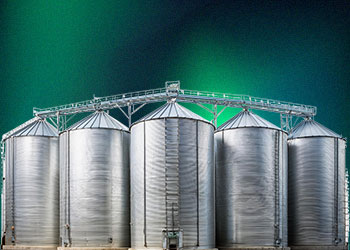
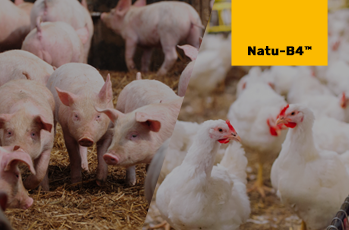
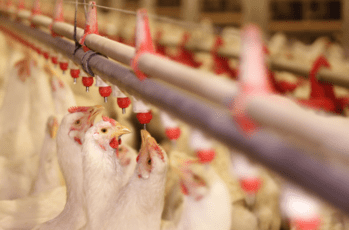
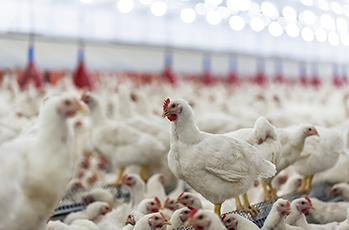
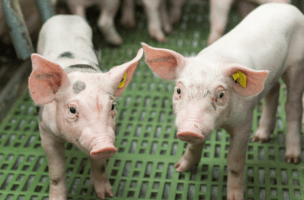
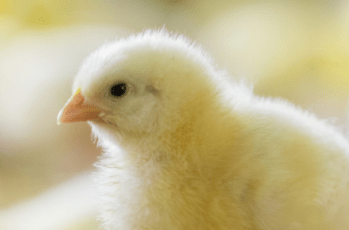
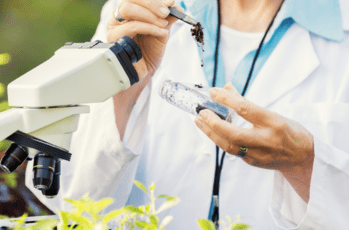
receive our newsletters.